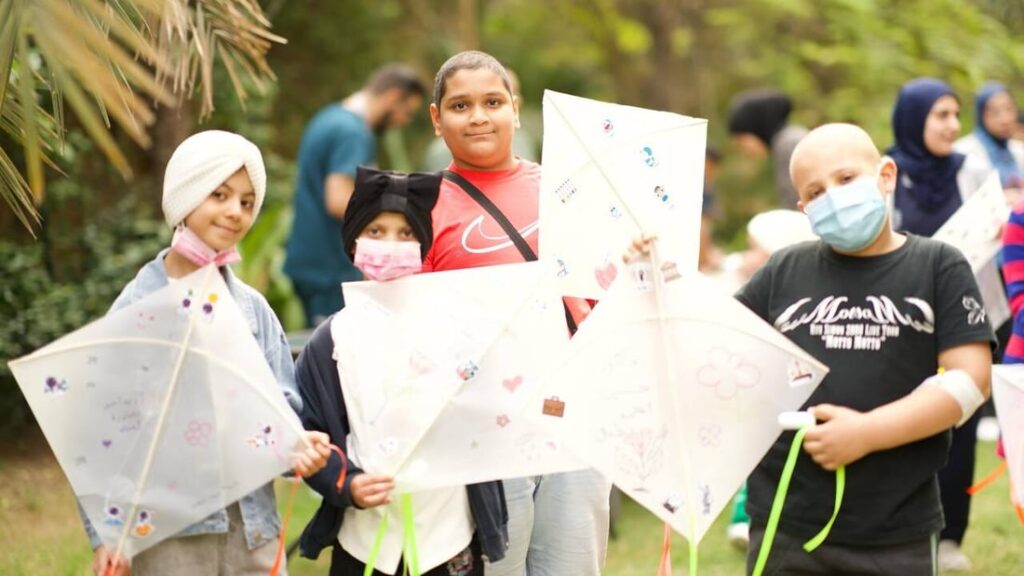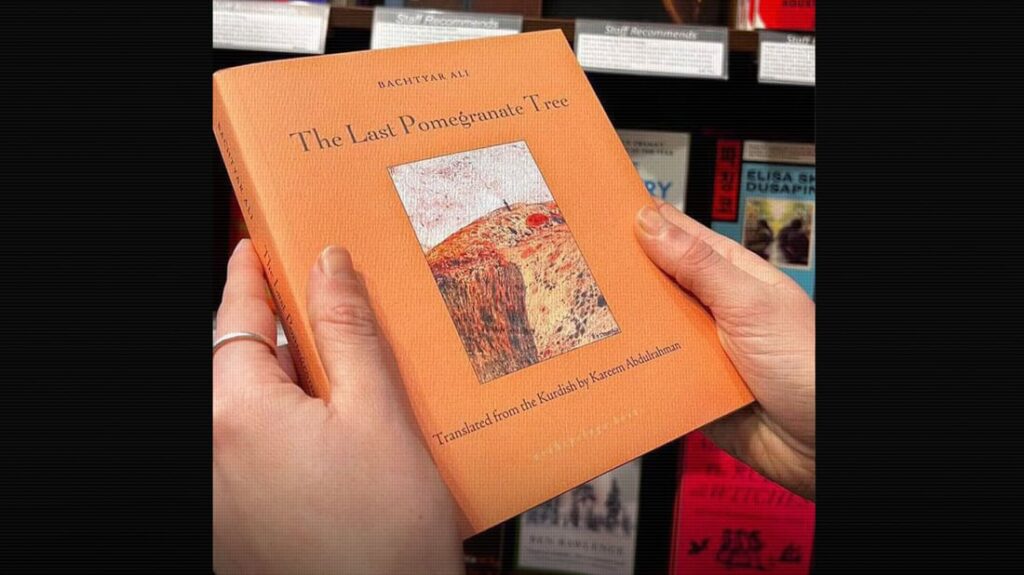IN-PICTURE: Shock and pain felt during unearthing of Kurdish mass graves in Iraq

ERBIL (Kurdistan 24) – Iraq’s Martyrs Foundation recently announced the uneartging of a mass grave containing the remains of Kurds who were executed before being buried in Iraq’s southern vast deserts.
The site is located in Sheikhiya, in the desert of Samawah. The grave contained the remains of more than 70 people, mostly women and children, with the number expected to reach 130, according to the Iraqi foundation, which is opresets under the Council of Ministers.
Children as young as two years of age were buried in the mass grave, the institution stated. It also noted that two more similar graves were found next to the site and that they soon would be unearthed as well.
The staff found gold and children’s accessories buried with the bodies, including pacifiers, dresses, shoes, and baby powder.
In the 1980s onward, the Iraqi regime under Saddam Hussein undertook a campaign of genocide against the Kurds in the north. Led by the infamous Ali Hassan al-Majid, also known as “Chemical Ali,” the operation resulted in the deaths of up to 182,000 ethnic Kurds.
A large number of people, including women and children, were forcefully displaced and transferred to camps in southern Iraq, where the government eventually killed them and consigned them to mass graves, burying others alive in the desert.
After the fall of the authoritarian system in Iraq in 2003, Saddam was executed by hanging on Dec. 30, 2006, following the court’s issuance of a death sentence.
On Jan. 25, 2010, Ali Hassan al-Majid, who served as Saddam regime’s Defense Minister, Interior Minister, and military commander and chief of the Iraqi Intelligence Service, was also executed by hanging.
The recovery of bodies from mass grave is part of an accountability push by groups and citizens who are looking for closure, as well as proof to be able to ask for reparations from the Iraqi government.
Victims of Anfal continue to suffer, with survivors of the chemical attacks experiencing health issues and families of the missing and murdered who are still waiting to receive answers.
Editing by Nadia Riva



